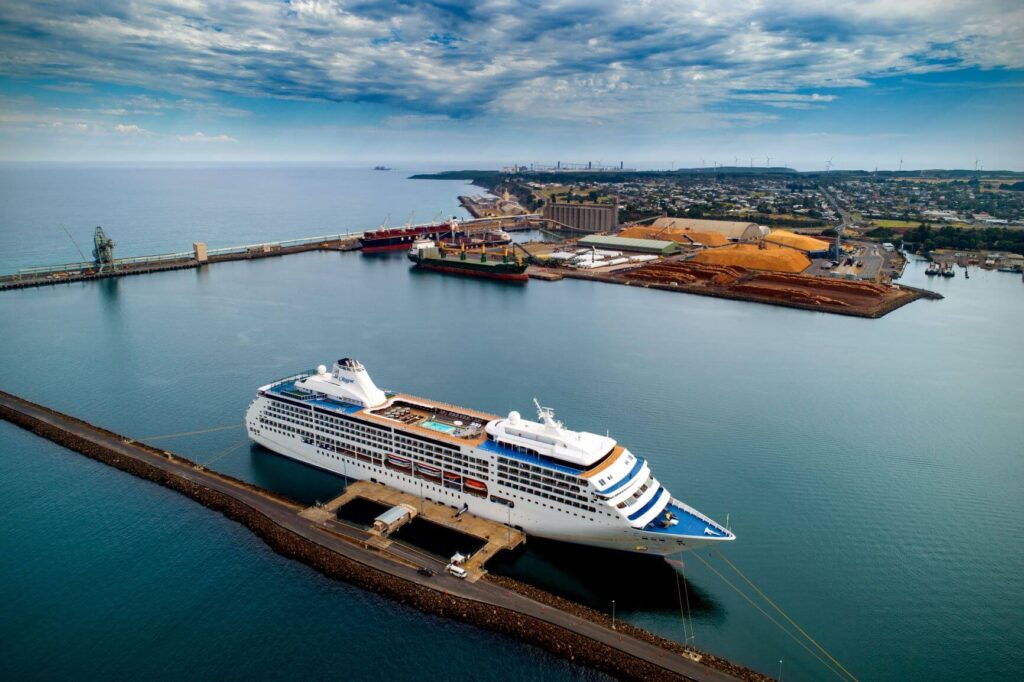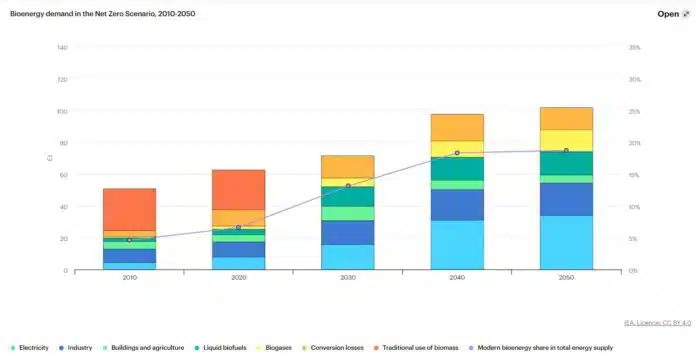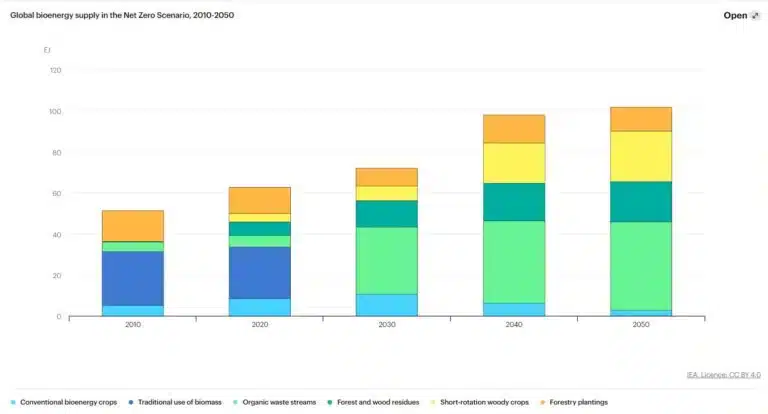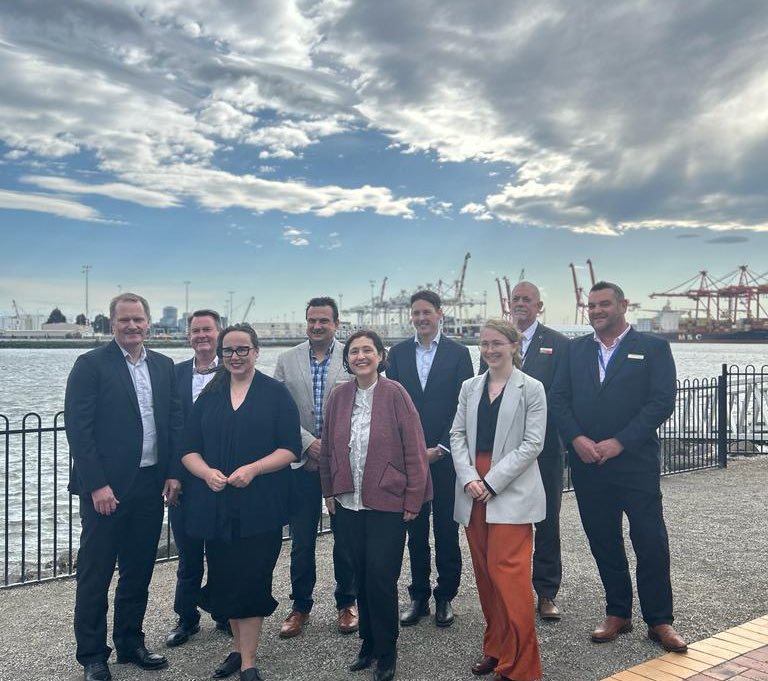The Green Triangle could become home to Australia’s first green shipping fuel production hub, with woody residues used to produce green methanol from the Green Triangle.
As announced by the Victorian Minister for Regional Development, Harrit Sing, the Victorian Government is commissioning a new study to establish a renewable manufacturing hub in Portland, Victoria.
“We’re supporting the Portland community to grow its economy through projects that use its potential, prime location, natural resources, and skilled workforce,” Minister Sing said.
Portland is linked to the Green Triangle, Australia’s largest productive forest area – with 160,000 hectares of mature softwood plantations and 110,000 hectares of hardwood plantations.

It produces 1.7 million cubic metres of sawlogs and 1.0 million cubic metres of pulpwood every year – and is recognised as a promising region for biomass and green energy production.
As Australia pushes to net zero, Victorian Minister for Energy and Resouces Lily D’Ambrosio said the state wants to grow a renewable hydrogen industry, “which will support our renewable energy transition and assist in decarbonising hard-to-abate sectors, including shipping.”
The feasibility will be led by Portland H2 – a subsidiary of HAMR Energy – and will involve preliminary engineering and planning for the plant. It will determine whether a 100-megawatt electrolyser can produce renewable hydrogen from water.

“The company is excited to support the Government’s efforts in positioning Victoria as a leader in renewable energy production”, HAMR Energy Director David Stribley said, “and we support accelerating the decarbonising of the global shipping industry.”
Mr Stribley said that Portland’s strategic location is prime for a renewable methanol facility. As part of the study, it will investigate using plantation forestry residue, including harvest trimmings, to produce green methanol.
Portland is home to Australia’s largest deep water port for forest product exports, with more than 300 vessels and 5 million tonnes of forest products loaded through the Port of Portland annually.
Woody residues have been embraced as an alternative to liquid petroleum
Last month, Australia and California signed a climate pledge that will explore “opportunities to decarbonise the aviation sector and advance vehicle efficiency standards”.
In June, Australia established a Jet Zero Council and is pushing to produce sustainable aviation fuels (SAF) from liquid biofuel – from forestry, agricultural waste and cooking oil.
According to the International Energy Agency, demand for biomass is booming, driven by the push to decarbonise.
In the Roadmap to Net Zero by 2050 report, the IEA supports a shift away from bioenergy produced by food crops – known as ‘conventional bioenergy feedstocks’ with a focus on organic waste streams, forest and wood residues, short-rotation woody crops and forestry plantings.

The IEA supports increased short-rotation woody bioenergy production from marginal lands and the switch from conventional bioenergy crops to advanced short-rotation woody crops.

“Sustainably managed forest plantations established outside of existing forested land can increase carbon stocks while at the same time sustainably producing biomass.”
- For more information, including a copy of the report, visit the IEA website.






